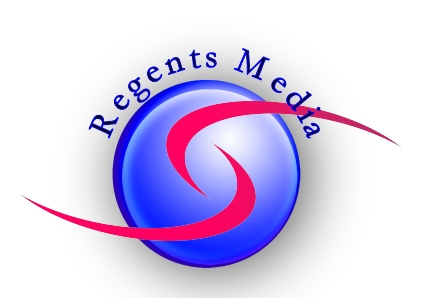Benefits of Selenium, The Kickass Super-Hero of Trace Elements!!!!
What is it – Benefits – Sources
Benefits of Selenium, What Are They?
A trace element needed by the body and available in foods we consume. It is a potent antioxidant especially when combined with Vitamin E. The plus point of Selenium is that it is naturally occurring, meaning that it appears in water and food. This incredible mineral plays a significant role in our metabolism.
Selenium is in the ‘spot light’ because of its antioxidant properties. As a way of illustration, antioxidants protect cells from damage.
Benefits of Selenium, Top 7
- Helps protect the body from heavy metals and facilitates their removal from our bodies.
- Supports healthy thyroid gland function and thus is linked to a healthy metabolism.
- May help in the protection of liver cells (hepatocytes) in people with alcoholic liver disease.
- Some studies, such as The Selenium and Vitamin E Cancer Prevention Trial have shown Selenium can decrease the risk of colorectal and prostate cancer. By acting as an anti-oxidant and as an anti-inflammatory agent Selenium can prevent DNA damage or alteration that can lead to cancer.
- Selenium may help with our memory and cognition. This is especially true in the very young and elderly.
- Several studies have shown that Selenium keeps viruses such as the Coxsackievirus from mutating into more virulent strains and causing cell and tissue damage in our body. This may apply to other viruses like the Influenza and Ebola virus.
- Other areas in which Selenium may be promising include: a) enhanced survival ratres in people with AIDS, b) Male infertility, c) Enlarged prostate gland., d) Arthritis, e) Hypertension, and f) Diabetes Mellitus.
Vegan Sources of Selenium, Top 10
- Whole grains.
- Brazil nuts.
- Garlic.
- Wheat germ.
- Brown rice.
- Broccoli.
- Parsley.
- Rose hips.
- Kelp.
- Peppermint.
Special Considerations
Of note, some studies suggest that Selenium may actually increase the risk of non-melanoma skin cancer. Please follow the link to an article explaining this further.
If you eat Brazil nuts and consume foods high in Selenium regularly, you may be well advised to avoid additional supplementation. Like always, more is not always better and more than 400 mg/day should not be consumed.
Stay informed!! Stay proactive!! Stay away from food that doesn’t serve your body!!
Continue Reading on to Learn More About Minerals
Benefits of Sulfur – The Powerful and Youth Inducing Anti-Aging Miracle Mineral
Benefits of Sulfur. Ahhh!!… The youth mineral!! This mineral has a hand in many of the body’s biochemical reactions.
Benefits of Zinc
A trace mineral required by the body in small amounts (15 mg). Zinc is also important to help with wound healing, sense of taste, sense of smell.
Benefits of Iodine, The Mighty Fat Terminator and Tireless Thyroid Hormones Promotor
Benefits of Iodine. It is a trace element needed in small amounts. According to the FDA, 150mcg a day is sufficient to maintain good health. But why is it important?
Benefits of Iron – Its Powerful Benefits in The Body. Call it Popeye’s Secret to Strength and Energy
Benefits of Iron, a mineral with multiple benefits. It is the mineral that helps red blood cells carry oxygen in our circulatory system.
The Benefits of Calcium, The Absolute Bone and Teeth Strengthener
The Benefits of Calcium, the wonderful bone and teeth strengthener. For starters, Calcium is a mineral or element which nature is alkaline and is mostly stored in our bones and teeth.
Benefits of Boron, A Mighty Woman’s Best Friend!!
Benefits of Boron. It is found in nature. It is a trace element found in foods and in the environment which the body needs in trace amounts and is naturally present in many foods.
Benefits of Sodium in Our Body. Think of it as Table’s Best Better Half!!
Benefits of Sodium are abundantly present on Mother Earth. Most of us don’t know of Sodium in it’s pure and very reactive form but in compounds such as table salt (sodium chloride).
Benefits of Silicon, The Secret Key Element to Gorgeous Hair, Skin, and Nails!!
Benefits of Silicon include a second place in the most abundant element found in nature, oxygen being #1!! It is an element that is present in small traces in the body.
Benefits of Manganese, Live Long With Powerful Manganese!!
Benefits of Manganese. It is a trace element needed in minute quantities that has tremendous proven benefits. It’s mainly found in our liver, pancreas, kidney, and bone cells.








